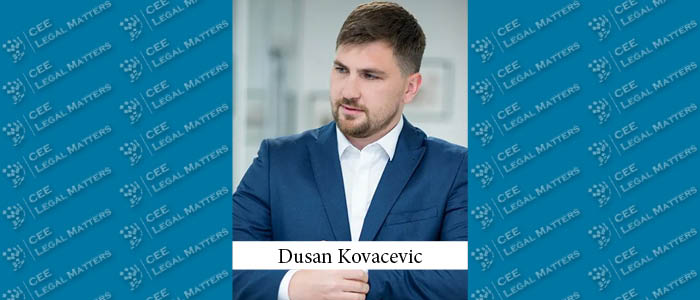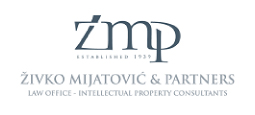Since 2016, the term “Black Friday” has been registered as a trademark in Germany, granting exclusive rights to a single company, Super Union Holdings Ltd. of Hong Kong, for its use in advertising. This registration covered over 900 goods and services, restricting other businesses from using the term in their promotions. However, recent legal developments have definitively resolved this contentious issue.
Why Was the Trademark Cancelled?
On June 29, 2023, the German Federal Court of Justice (FCJ) dismissed the trademark owner’s appeal, making the cancellation of the “Black Friday” trademark legally binding. This means the trademark must now be deleted from the register of the German Patent and Trademark Office.
The cancellation process began in 2017 when the portal BlackFriday.de applied to revoke the trademark. The Düsseldorf Regional Court ruled in 2018 to cancel the trademark for all goods and services. After several appeals, the FCJ’s recent decision has confirmed that the trademark “Black Friday” is generic and cannot serve as a unique identifier for the goods or services of a particular company.
The FCJ emphasized that “Black Friday” is widely recognized as a term describing general discount promotions and, as such, is not suitable as an indication of origin. The decision also clarified that the trademark’s registration had unfairly restricted competition and consumer rights.
Background of the dispute
Super Union Holdings Ltd. initially registered the trademark in 2016, leveraging it to issue legal warnings to businesses that used “Black Friday” in their advertising without permission. This practice was heavily contested by companies and consumer advocates alike. BlackFriday.de played a pivotal role in challenging the trademark, resisting its restrictions for years.
The German courts consistently found that the term “Black Friday” is descriptive and lacks the distinctiveness required for trademark protection. The Düsseldorf Higher Regional Court upheld the initial cancellation in 2020, and the FCJ has now conclusively ruled that the trademark is invalid.
What Does This Mean for Businesses and Consumers
This decision represents a significant victory for businesses and consumers, as it allows unrestricted use of the term “Black Friday” for promotional activities. Companies can now incorporate “Black Friday” freely into their advertising without fear of legal repercussions.
For BlackFriday.de, this ruling marks the culmination of years of legal battles. The portal can now operate without limitations imposed by the trademark, furthering its mission to provide discount-related services.
Key takeaways
- Generic terms cannot be monopolized: The FCJ’s decision reinforces those descriptive terms, like “Black Friday,” cannot be monopolized as trademarks.
- Strengthening consumer and business rights: By invalidating the trademark, the ruling ensures fair competition and prevents the misuse of trademark law to hinder market access.
This text is for informational purposes only and should not be considered as legal advice. Should you require any additional information, feel free to contact us.
By Dusan Kovacevic, Counsel, ZMP


